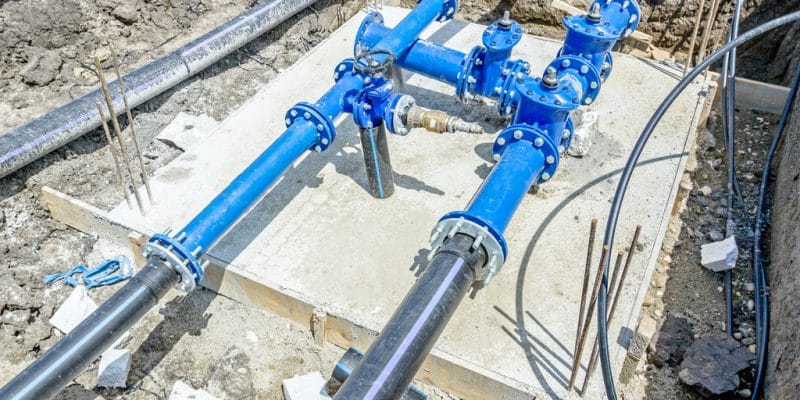In Cameroon, the Rural Drinking Water Supply Project is receiving funding of 3.6 billion CFA francs (approximately €5.5 million) from the Korea International Cooperation Agency (Koïca).
South Korea is supporting the supply of drinking water in rural areas in Cameroon. Seoul has just granted funding of 3.6 billion CFA francs (nearly 5.5 million euros) to the Central African country through its Korea International Cooperation Agency (Koïca). The funding will support the supply of drinking water in the councils of Ebebda, Koutaba, Massok and Matomb. “The objective is to increase the drinking water supply rate from 35% to 85% in the targeted councils,” says Alamine Ousmane Mey, Cameroon’s Minister of the Economy, Planning and Regional Development.
The project covers the rehabilitation and construction of drinking water supply systems in the villages concerned, the establishment of committees for the sustainable management of water facilities and capacity building, as well as the management and monitoring-evaluation of the implementation of the drinking water project, which will end in 2023. According to the National Institute of Statistics (INS) of Cameroon, in 2018 the rate of drinking water supply was 77% in urban areas and 45% in rural areas.
Read Also – DRINKING WATER IN AFRICA: Self-sufficient solutions are needed in rural areas
To improve the supply of drinking water to its populations, the Cameroonian government is also implementing the National Action Plan for Integrated Water Resources Management (Pangire) and the Rural Water Supply and Sanitation Project (Paea-MRU) in Cameroon. This other initiative aims at the realisation of 88 simplified drinking water supply systems in the country, including 22 in the West region, 16 in the South region, 28 in the North West and 22 in the South West.
Inès Magoum






